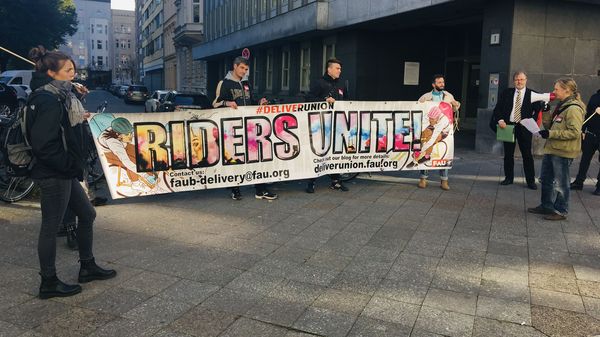Overcoming borders
Legal categorisation of gender, race and class in transnational labor conflicts
The legal regulation of employment is closely linked to structures of collective representation. These are structures and forms of action that are predominantly organized nationally. Therefore, we assume that collective action in transnational labor conflicts (which is predominantly organized by advocacy networks) works with a very specific kind of juridification: It can be analyzed in a conceptual contrast of collective action and collective rights to individual human rights and anti-discrimination rights.

Based on two phenomena – the collective organization of workers along transnational value chains and the collective organization of migrant workers in Germany – this project examines during its second funding period the way in which transnational actors such as trade unions, NGOs and other actors utilize legal categories, especially that of gender, race and class, and how individual rights are used for collectivization. We assume that collective action is more difficult to organize in cross-border conflicts than in the national context and therefore often draws on individual rights, in particular human rights. Against this background, we ask what ideas of cross-border solidarity but also of representation are being articulated. Based on research from the first funding period, conceptual statements on the relationship between “the collective / individual rights” will be developed.

Team: Eva Kocher Isabell Hensel Joanna Bronowicka Verena von Deetzen Marie-Sophie Keller Chiara Losavio Rizzi Jan Hübbe